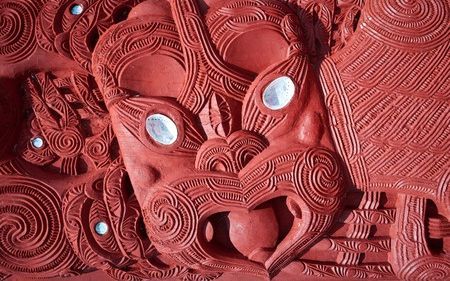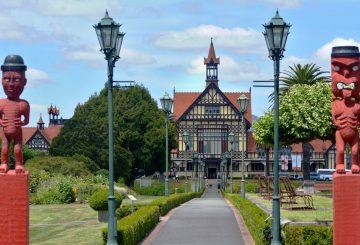A ceremony and prayers were held in Berlin to mark the occasion, according to German news agency DPA.
Tattooed heads of Māori men, known as Toi moko, were collector’s items during the 19th century. Slaves and prisoners of war were tattooed and then killed so that their heads could be sold as demand was so high.
However, the move to return the heads to New Zealand was “a signal of reconciliation to the societies affected by colonialism”, federal commissioner for culture and the media Monika Grüetters said.
Berlin’s ethnological museum, one of the world’s largest of its kind, has been tasked since 2003 with returning Māori remains to New Zealand.
“We are constantly learning new things from our own provenance research, but also from exchanges of this kind,” the head of the cultural body that runs the museum, Hermann Parzinger, told DPA.
“We will do everything possible to continue down this path in order to right historical wrongs.”





























































